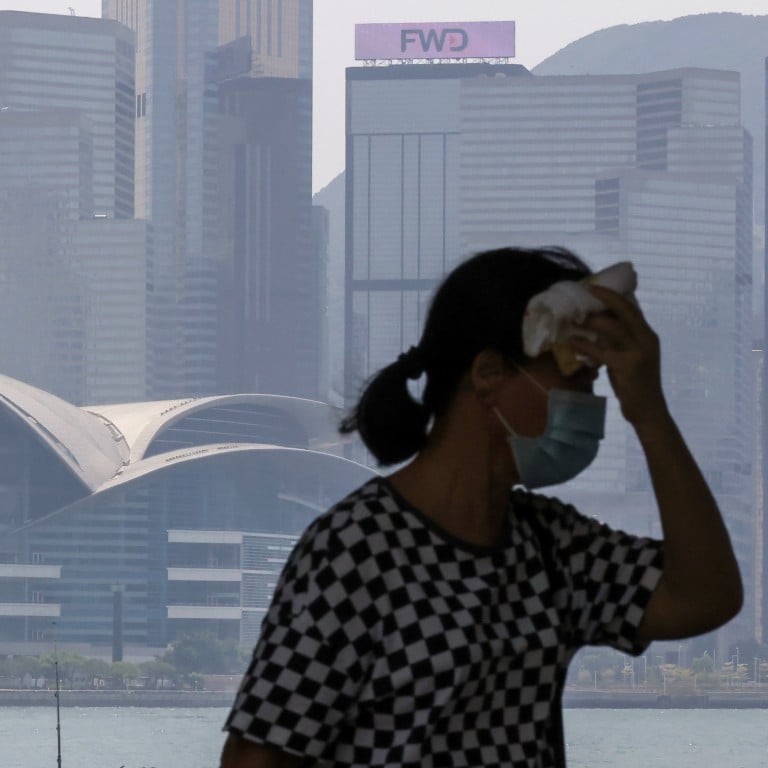
Letters | How Hong Kong can speed up the move towards carbon neutrality
- Readers discuss the city’s fight against climate change, and the benefits of the waste-charging scheme
Many Hongkongers may not be aware of the court case won last month by Michael Mann, a climate scientist, which sends us an important message: the courts will not let climate deniers run amok with misinformation. The landmark judgment came at the end of a 12-year legal battle Mann fought against two right-wing writers who attacked his work, and is a reminder that we should not bury our heads in the sand on climate issues.
In Hong Kong, people generally believe that we are facing a climate emergency. However, how proactive the city has been in tackling it has been in doubt in the past few years. In 2022, total greenhouse gas emissions were 4 per cent lower than in 2021 but still about 1 per cent higher than in 2020. Has Hong Kong acted fast enough on decarbonisation?
The European Union announced on February 6 that it will slash its net greenhouse gas by 90 per cent by 2040. Hong Kong needs to speed up its efforts on tackling climate change by investing in zero-carbon power generation. Electricity generation was the largest source of carbon emissions (around 63 per cent) in 2022. Reduction of carbon in the fuel mix will hit the bull’s eye and, together with education and promotion of the smart use of energy, will lead us to carbon neutrality sooner.
Foshan took six years to bring in 1,000 hydrogen buses in 2021. By referencing Foshan’s experience, Hong Kong can surely shorten the time needed to develop our green transport.
The US lawsuit is another timely reminder for us to shift to a low-carbon lifestyle and business operations.
Rico Wong, deputy director, The Green Earth
Waste-charging will make people more eco-conscious
Being charged for the waste they throw away will incentivise people to produce less trash, directly involving Hongkongers in environmental protection action. Since these charges will increase the cost of garbage disposal, people will pay more attention to garbage sorting and recycling. This will help reduce the load on waste treatment facilities and extend the life of our already stressed landfills.
As people become more aware of how they can contribute to environmental protection, they may pay more attention to what they consume and throw away. This would help push the entire society in the direction of sustainable development.
Lam Wing-ki, Kwai Chung

